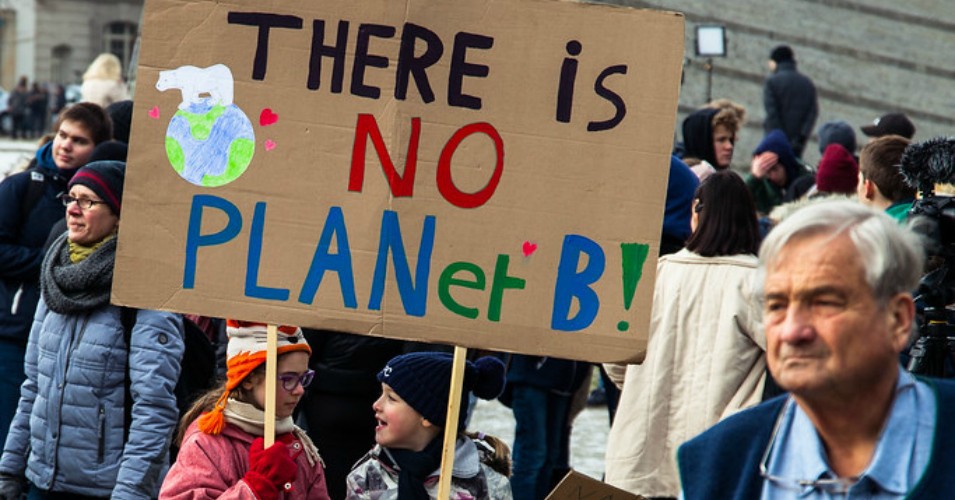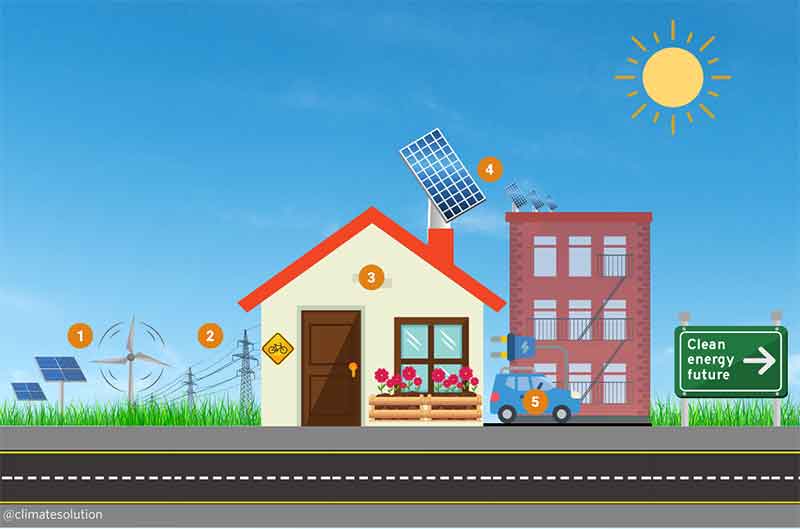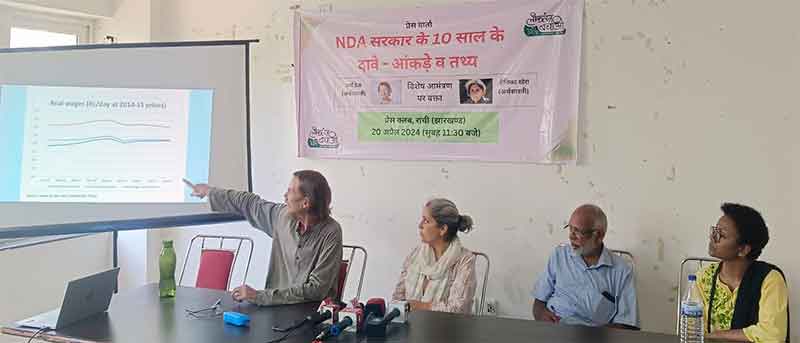
Just before the release of the IPCC Working Group Three (WGIII) report on mitigation, this long time climate activist asked:
Will the new IPCC report on mitigation detail and recommend supply-side pathways and policies to mitigate climate change? Will the report even mention regulating a phase out of fossil fuel production? Or will supply-side pathways and policies and their supporters remain outside the fence as they were at COP26 ?
I asked less as a prediction than with dawning dread.
In the final days of the WGIII process 340+ environmental organizations petitioned governments and the IPCC to foreground a rapid end of fossil fuel production and use: “The urgency of the climate crisis demands a rapid reorientation of our societies and economies away from fossil fuels, the key driver of global warming. There is no time or justification for policy scenarios that fail to center an immediate halt to oil, gas, and coal expansion and the managed phaseout of all fossil fuels.”
And now the WGIII paper has been published and I’ve read through all 3000 plus pages and incredibly – even though climate mitigation is now life or death – there is nothing at all about actually regulating a wind-down of fossil fuels. No detailing of possible supply-side pathways and policies; no recommendation of an end of fossil fuel production.
Occasionally throughout the text there are snippets or citations indicating that supply-side policies exist – “(M)any scholars have suggested value in supply-side international agreements, aimed at phasing out the production and use of fossil fuels.” Ch14 p8, for example – but no detailed examination is undertaken anywhere in the report.
How is this possible? On the most important topic today – the mitigation of potentially civilization collapsing climate change – the world’s scientific experts don’t even investigate the only possibly failsafe path for actually reducing GHG emissions of a scale required?
I’m very much an outsider far away out in the boonies; the why, who and how this IPCC process completely ignored regulating fossil fuel production will hopefully come out from those involved. Of course, the Summery for Policymakers is always vetted and cleansed by government reps, but why no substantive exploration of supply-side pathways and policies? As it stands the report is a blotted copybook demanding a reasonable explanation.
A friend (who shall remain anon) with lots of experience in international climate processes explained:
“I’m pretty sure that’s because the IPCC can’t and doesn’t directly prescribe policy. Not being policy-prescriptive is in the IPCC’s founding principles, but WGIII actually does make it explicit that getting off fossil fuels is our single, simplest, best chance to address climate change.
“If that’s right, it’s because it can only function if member governments buy in—as participants, and as funders—and no government anywhere, of any political persuasion, would ever give an agency free hand to make uncontrolled policy recommendations it might find embarrassing. That’s dumb, to say the least, but we tacitly buy into it when we follow the IPCC process.”
But the WGIII report reads like a detailing and complete endorsement of demand-side policies within just an energy transition pathway – ‘this is how to get off fossil fuels’. What does this say about the IPCC, effective mitigation and our collective future?
The future of renewables is bright and hopeful and we are going to need an energy transition – but, most importantly, GHG emissions must be deeply reduced starting immediately and the energy transition is no longer fit for purpose. Climate is a worsening emergency. We don’t need a climate mitigation pathway that can’t respond urgently and effectively. We need a direct path to emission reduction of a scale needed. But the WGIII report is totally and relentlessly within the indirect ‘economic transition’ conception of climate mitigation, page after every page.
This plan to fail continues to allow increasing fossil fuel production that won’t be displaced any time soon. (Another report released last week (newstory and report) strongly suggests that the energy transition will happen far too slowly to even peak global emissions within decades.) Inertia, path dependence and the sheer power of those who are still doing whatever they can to protect the economy from needed climate mitigation stand in the way. Business as usual is too powerful and will not tolerate even discussion of the disruptive transformations now needed by 2030.
The WGIII report is thousands of pages of valuable information and good ideas subverted into a dream of successful mitigation within continuing political and economic business as usual. This is what everybody wants.
But this is denial and there has been little learning from three decades of failure: about time wasted; that the later you start effective treatment the less chance there is of averting failure and the more costly and disruptive mitigation will be. The AR6 climate science diagnosis is correct – we have a possibly fatal condition, the accidental side effect of our use of fossil fuels. But the WGIII message remains: we don’t want to change our habits or even think about the treatment that is now necessary.

















































